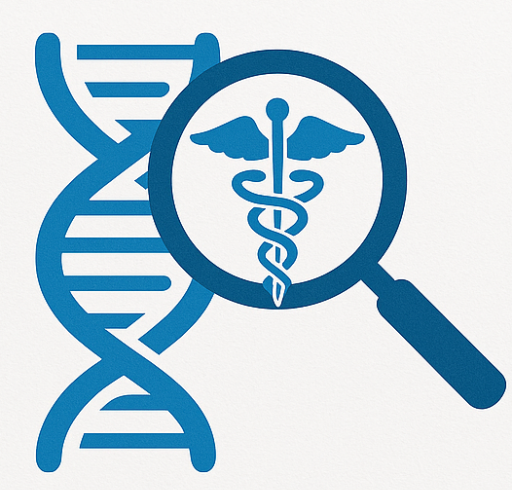🧬 KRAS Gene Overview
- KRAS (Kirsten rat sarcoma viral oncogene homolog) is a proto-oncogene that encodes a GTPase, a molecular switch that controls cell signaling pathways.
- It is a key component of the RAS/MAPK and PI3K/AKT pathways, regulating cell proliferation, survival, and differentiation.
📊 Prevalence of KRAS Mutations in Cancer
KRAS is one of the most commonly mutated oncogenes in human cancers:
| Cancer Type | KRAS Mutation Frequency |
|---|---|
| Pancreatic Adenocarcinoma | ~90% |
| Colorectal Cancer | ~40% |
| Non-small Cell Lung Cancer (NSCLC, especially adenocarcinoma) | ~30% |
| Endometrial Cancer | ~15–25% |
| Biliary Tract Cancers | ~20–30% |
| All Cancers (overall estimate) | ~15–20% |
⚙️ Mechanism: How KRAS Mutations Could Cause Cancer
🔄 Normal KRAS Function
- KRAS cycles between inactive (GDP-bound) and active (GTP-bound) forms.
- Upon activation, KRAS initiates:
- MAPK/ERK signaling → drives cell division
- PI3K/AKT signaling → promotes survival and metabolism
- Normally, KRAS activity is transient and tightly regulated.
🚨 Mutated KRAS
- Mutations typically occur in codons 12, 13, or 61.
- They prevent GTP hydrolysis, locking KRAS in a permanently active (GTP-bound) state.
- Consequence: constant pro-growth signaling, even in the absence of extracellular growth factors → uncontrolled cell proliferation and tumor formation.
